Understanding Sleep Disorders
I've spent countless nights tossing and turning, trying to find that sweet spot where sleep would finally take over. If you're like me, you've probably tried various strategies to get a good night's sleep, but sometimes, sleep disorders can be stubborn. An understanding of sleep disorders is essential in appreciating the role of sleep aids such as Trazodone and others.
Sleep disorders like insomnia, sleep apnea, and restless legs syndrome can significantly impact one's quality of life. They can lead to reduced productivity, increased risk of accidents, and even serious health conditions such as heart disease and diabetes. It's therefore essential to find a solution—one that works for you—to these sleep challenges.
The Role of Trazodone in Treating Sleep Disorders
Trazodone is a medication that was initially developed to treat depression. However, it's been found to be effective in treating insomnia and other sleep disorders, due to its sedative effects. I've found that it helps me drift off to sleep faster and maintain that sleep throughout the night.
Remember, though, that Trazodone is a prescription medication, so you'll need to talk to your doctor about whether it's an appropriate solution for your sleep disorder. Remember, everyone is different, and what works for me might not work for you.
Other Sleep Aids: An Overview
There are plenty of other sleep aids available, both over-the-counter and prescription. These include antihistamines, which are often found in over-the-counter sleep aids, and benzodiazepines, which are powerful prescription medications. Other options include natural remedies like melatonin and herbal products like valerian root.
While these sleep aids can be effective, they also come with their own set of potential side effects and considerations. It's always important to talk to your doctor or pharmacist about these potential risks before starting any new medication regimen.
Comparing the Effectiveness of Trazodone and Other Sleep Aids
When it comes to effectiveness, Trazodone and other sleep aids can vary widely from person to person. I've found Trazodone to be remarkably effective, but I know others who've had better luck with different medications. It's essential to work with your healthcare provider to find the best solution for you.
Some studies have suggested that Trazodone may be more effective than some other sleep aids in treating insomnia, but more research is needed. So, while Trazodone might be a good option, it's important to keep an open mind about other potential treatments.
Side Effects: Trazodone vs. Other Sleep Aids
Like all medications, Trazodone and other sleep aids can cause side effects. For me, Trazodone has been relatively side-effect-free, but common side effects can include dry mouth, dizziness, and feeling groggy the next day. Other sleep aids can cause similar side effects, and some can also cause dependency if used for a long period.
It's important to weigh these potential side effects against the benefits of improved sleep. It's a personal decision and one that should be made in consultation with your healthcare provider.
Interactions with Other Medications
If you're like me and take other medications, it's crucial to discuss potential interactions with your doctor. Trazodone can interact with certain medications, such as MAO inhibitors and SSRIs. Other sleep aids can also interact with a variety of drugs, so it's always important to keep your healthcare provider informed about all the medications and supplements you're taking.
It's also worth noting that alcohol can interact with both Trazodone and other sleep aids, often increasing their sedative effects and potentially leading to dangerous situations. So, it's important to avoid alcohol when taking these medications.
The Bottom Line: Trazodone vs. Other Sleep Aids
In the end, the choice between Trazodone and other sleep aids depends on your individual situation. For me, Trazodone has been effective in treating my insomnia, but everyone is different. It's important to discuss your options with your healthcare provider to find the best solution for you.
Remember, sleep aids are just one part of a comprehensive sleep hygiene regimen. Regular exercise, a healthy diet, and good sleep habits are all essential components of getting a good night's sleep.

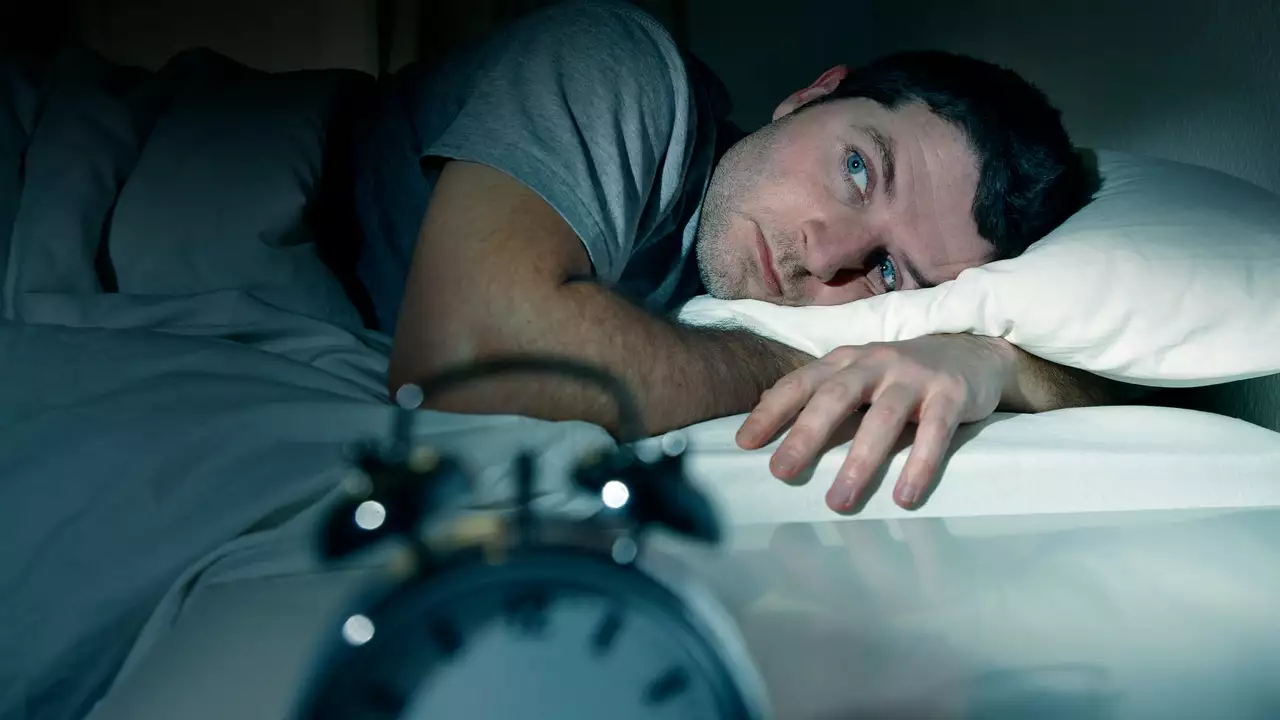
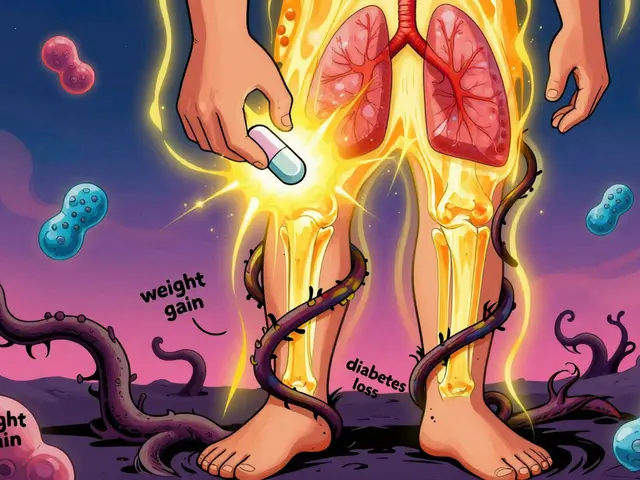
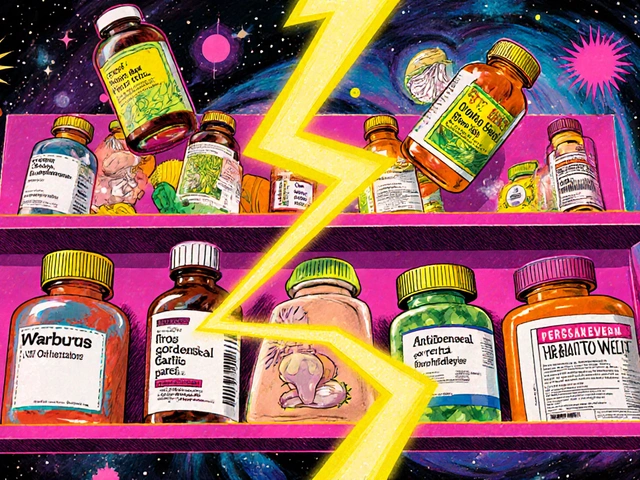
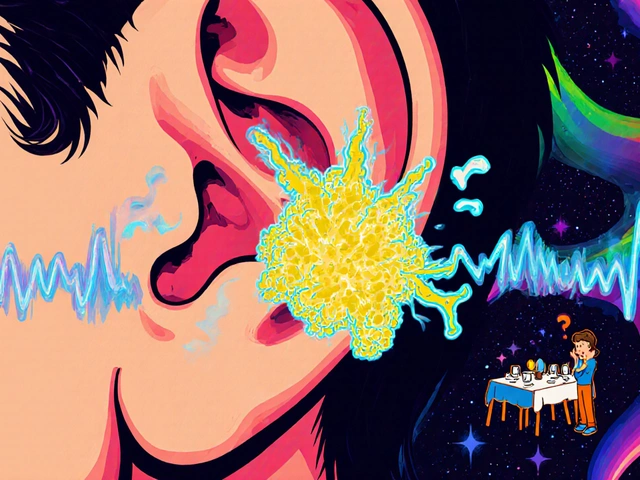
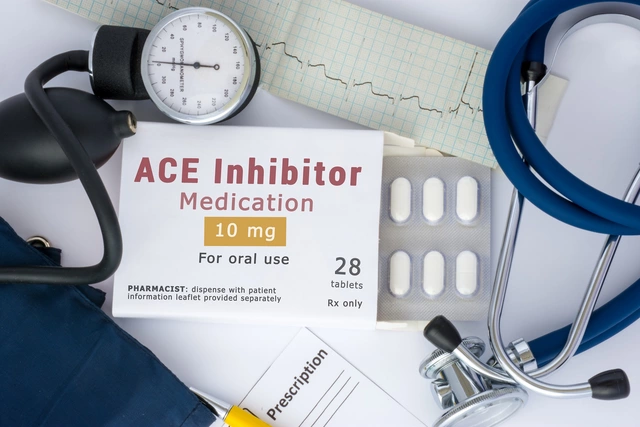

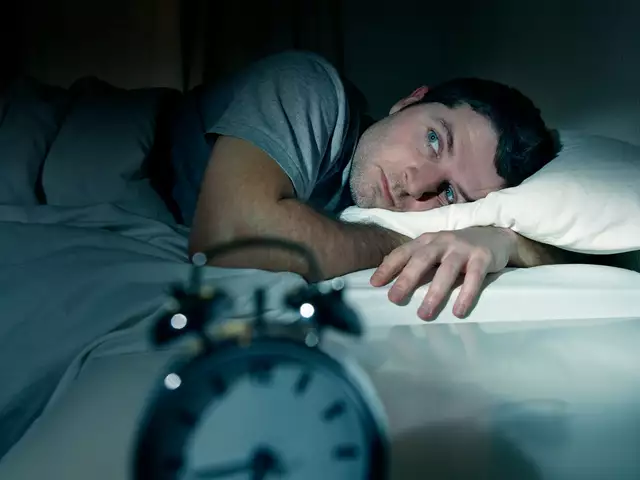
July 17, 2023 AT 03:50
Patrick Merk
Trazodone was a game-changer for me too - no more 3 a.m. panic spirals. I used to rely on melatonin like it was candy, but it just made me feel like a zombie with a headache. Trazodone? I wake up actually rested. Not perfect, but way better than staring at the ceiling wondering if my cat is judging me.
July 17, 2023 AT 16:00
Liam Dunne
Just a heads-up - Trazodone can cause priapism. Rare, but if it happens, you need to go to the ER. Don’t wait. I read about it in a sleep med forum years ago and thought it was urban legend… until a buddy of mine had it happen. Scary stuff. Always get the full rundown from your doc.
July 18, 2023 AT 07:25
Vera Wayne
I’ve tried everything: valerian root, magnesium, weighted blankets, white noise machines, even sleep hypnosis apps… and honestly? Trazodone is the only thing that didn’t make me feel like I’d been hit by a truck the next day. I’m so glad you shared this - it’s nice to hear someone say it out loud without sounding like a pharmaceutical ad.
July 19, 2023 AT 16:43
Rodney Keats
Of course Trazodone works - it’s basically antidepressant juice with a side of sleep. Next you’ll tell me caffeine is a miracle drug because it keeps you awake. Wow. Groundbreaking.
July 21, 2023 AT 06:41
Laura-Jade Vaughan
OMG YES 🙌 Trazodone is my secret weapon 💤 I used to be one of those people who needed 10 different supplements and a crystal grid to fall asleep… now I just take one little pill and wake up feeling like a human again 🌙✨ Also, side note: don’t drink wine with it. I learned that the hard way… and yes, I cried into my pillow. It was a vibe.
July 22, 2023 AT 04:59
Jennifer Stephenson
Trazodone works. Prescription. Doctor approved. Avoid alcohol.
July 24, 2023 AT 03:53
Erika Lukacs
One might argue that the pursuit of pharmacological sleep is a modern symptom of our alienation from natural circadian rhythms. The body, in its wisdom, once knew when to rest. Now we outsource slumber to molecules. Is this progress? Or merely a more convenient form of denial?
July 24, 2023 AT 05:55
Rebekah Kryger
Let’s not conflate sedation with sleep. Trazodone doesn’t restore sleep architecture - it just suppresses wakefulness. Benzodiazepines do the same, but with more dependency risk. Melatonin? A hormone, not a drug. You’re not treating insomnia - you’re masking it with neurochemical band-aids.
July 25, 2023 AT 22:43
Victoria Short
I read all this and just… didn’t care. I just take what my doctor says. Whatever. I’m tired.
July 26, 2023 AT 15:59
Eric Gregorich
Okay, hear me out - this whole conversation about sleep meds is missing the bigger picture. We live in a society that glorifies burnout. We’re not just treating insomnia - we’re treating capitalism. Trazodone isn’t the villain; it’s the Band-Aid on a bullet wound. We’re all exhausted because we’re expected to be productive 24/7, and then we’re told to just take a pill to fix it? That’s not medicine - that’s systemic gaslighting. I’ve been on trazodone for five years. I sleep better. But I still wake up wondering why my worth is tied to how many hours I clocked. So yeah - it helps me sleep. But it doesn’t fix the fact that I’m still trapped in a machine that wants me to be awake until I collapse.
July 27, 2023 AT 19:37
Koltin Hammer
Back in my village in rural Tennessee, we didn’t have pills. We had kerosene lamps, moonlight, and the rhythm of the seasons. Grandpa used to say, ‘If you’re tired, lie down. If you’re not, don’t force it.’ Now we’ve got apps that tell us to breathe for 4 minutes and then hand us a script for something that makes us feel like a wet sock. I’m not anti-medication - I’m pro-reconnection. Sleep isn’t a problem to be solved. It’s a state to be returned to. Trazodone? Maybe it’s a bridge. But don’t mistake the bridge for the destination. We used to know how to sleep. We forgot. And now we’re trying to medicate our way back to something we abandoned.
July 29, 2023 AT 04:29
Phil Best
Oh wow. Trazodone? That’s the one they give you when your antidepressant makes you feel like a zombie, so they add another drug to make you sleep? That’s not treatment - that’s a Russian nesting doll of pharmaceutical chaos. I’ve been on five different sleep meds. Each one came with a new side effect. One made me hallucinate my cat was a demon. Another made me sleepwalk and rearrange my spice rack. At this point, I just accept that I’m a lab rat with a Netflix subscription. But hey - at least I’m not the only one. We’re all just one prescription away from becoming a walking side effect.